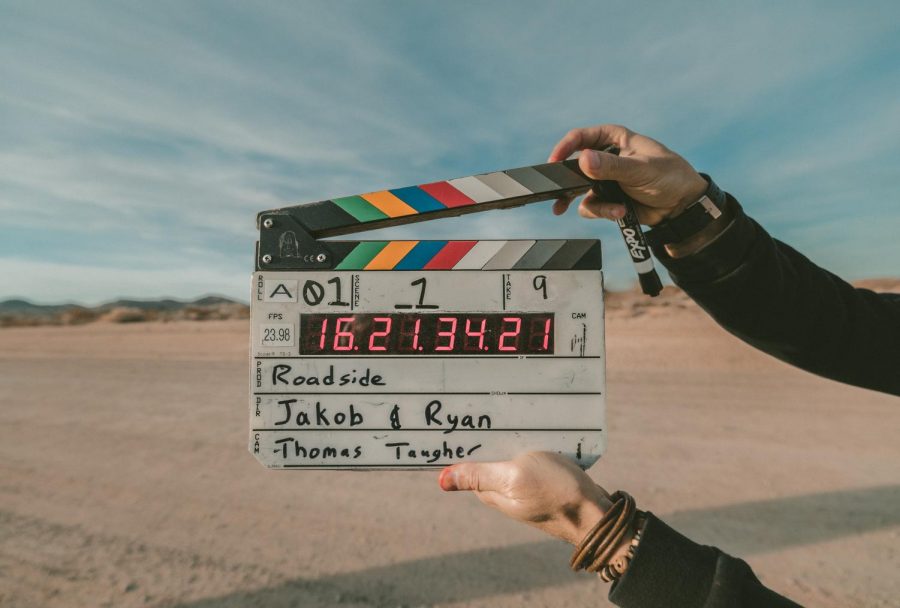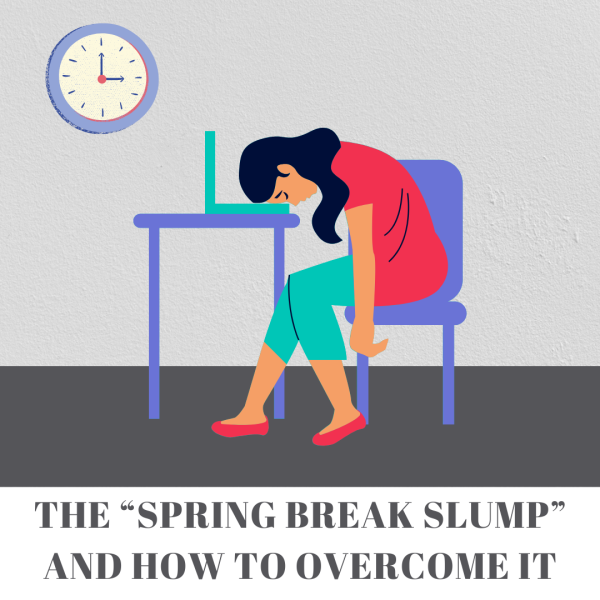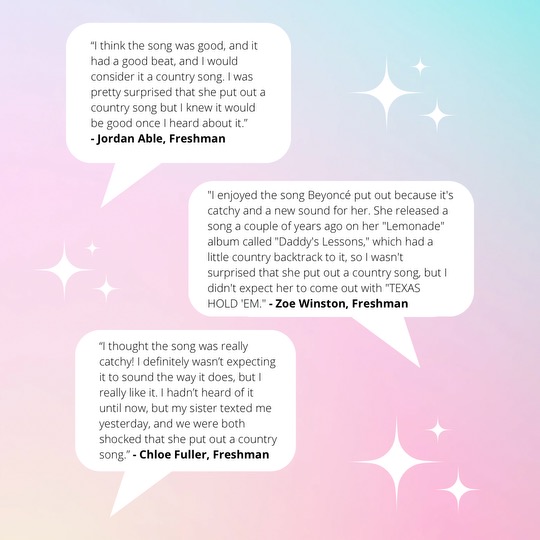- Reflector
- Reflector: Arts & Entertainment
- Reflector: Cuisine & Culture
- Reflector: Entertainment | Pop Culture
Why is Hollywood obsessed with remaking the old?
February 15, 2021
You may have noticed that there has been an increase in television show reboots, literary adaptations and blockbuster franchises in your local theatre. I certainly have, a quick google search of the phrase “reboots and adaptations” will show at least 8 new shows and movies that have been announced recently.
If you are on social media, and are even vaguely tuned-in to news about movies or shows, it is not uncommon to see a new 90s television show being rebooted or a movie from the past few decades being remade. I would notice this while also hearing from others on social media about the desire to get new stories, that it was long overdue to see a movie with new characters, new plots, new endings.
Sure, Mark Twain famously said that “ There is no such thing as a new idea”, but audiences everywhere are surely looking for Hollywood to try. I reached out to John Goshorn, GS Assistant Professor for Multimedia Film and Production to hear his take on reboots and remakes and their impact.
Goshorn made it clear that adaptations, literary adaptations to be specific, are nothing new, and how it makes sense from a marketing point of view.
“There is a less of an emphasis on original intellectual property and there’s a couple of reasons for that. One is the companies that own the major film and television studios and distributors, with the exception of maybe Disney, for the most part, aren’t content companies”.
The phrase, “content companies” really stuck out to me. It is something to remember when managing expectations from companies about the entertainment they put out. Goshorn mentioned how while Amazon has Amazon Prime… it’s not a content company it is a retail service. Another example given is how Apple has Apple Music… but Apple is a technology company not streaming service.
With more and more companies who can distribute and produce content but are not “content companies”, one must realize how often revenue and possible income become prioritized.
“When they’re not content companies, they’re more concerned about the bottom line”, Goshorn continued.
Although, there are reasons for companies to lean towards reboots or franchises. There is already a tried and true audience when a studio decides on producing a reboot of a hit movie from decades ago or or green lighting a spin off series of a classic television show. Studios know that there is an obvious higher risk (when worrying about commercial success, specifically) if they were to try out new and different ideas
Goshorn mentions how there also are an increasing amount of media showing executives that they can hold their own in a franchise. This refers to video games, comic books becoming more and more popular, etc.
Growing up in a time when “the new movie coming out” is more likely to be a remake or part of a franchise is so different than the original movie experience. Goshorn touched upon this when talking about older films and how they aimed to fulfill “a purpose of cinema”.
“The consequences are greater, and disproportionately worse, of a filmmaker of color or a female filmmaker or a non-hetero filmmaker… if it [their movie] does fail whereas white guys can make something and it can fail and they get another chance quicker. I mean that’s endemic to our society, it’s certainly not exclusive to Hollywood.” Goshorn said.
I think that it is important to take notice that Hollywood is seemingly more willing to “play it safe” by sticking to what’s already been proven to be successful. While I understand why this may be a preferred choice, I think if audiences were kept in mind, there would be a desire for new stories to be told. To expose the public to fresh, unique theatre experiences. I asked Goshorn what he thinks of the impact of being raised in a time where the movie experience is so different from that of past generations.
“Unfortunately, I do think if you’re growing up in this age of sequels, reboots, and adaptations, that’s defining cinema for you, and it’s making cinema more like an amusement park attraction that you’re going to go and watch this spectacle… and it turns it into this very different experience.”, Goshorn answered.
“I think the impact is cinema is not being defined as something that enriches you as a human being, it’s being defined as a diversion. For the companies it’s a cash grab and for the audience it’s like an amusement. Which, maybe that’s just the full cycle taking it [film] back to what it was. ‘Cause it [film] started as novelty, it started as an amusement.”, Goshorn said.
I can only see this changing if there is an incentive for producers and studios to think outside the box. That incentive could be a decrease in public interests in remaking the old to disguise as the new, or for new creators with new ideas to finally break through. This will not be a sudden or short-term decision. Remaking the old has a long history in the industry, but I’m hopeful for change.












Roxanne Kelly • Mar 14, 2022 at 6:57 pm
The repetitiveness is so boring. How many damn Batman movies do we need? Maybe the next one should be told from Bruce Wayne’s butler’s perspective: The Batman’s Butler. I can’t remember the last time I actually wanted to see a movie enough to actually go to a theater to see it. I’d rather stare at a blank wall for 2 hrs than see a batman movie, my own imagination would be far more entertaining. Maybe if the studio writers, producers, directors, etc, weren’t 99.5% white + male, they’d have some new ideas.